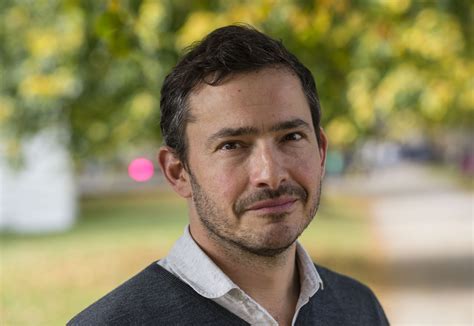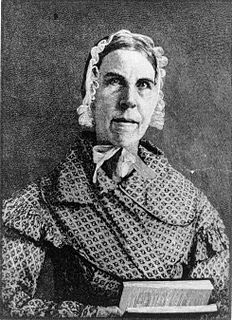A Quote by Rutherford B. Hayes
General education is the best preventive of the evils now most dreaded. In the civilized countries of the world, the question is how to distribute most generally and equally the property of the world. As a rule, where education is most general the distribution of property is most general.... As knowledge spreads, wealth spreads. To diffuse knowledge is to diffuse wealth. To give all an equal chance to acquire knowledge is the best and surest way to give all an equal chance to acquire property.
Related Quotes
Property rights can improve a woman's ability to stand up to violence in the home. You might think education and employment are important because they give women exit options, but property is as well. Give women equal property rights to inherited land, then they have an asset they can take out of the marriage. This gives husbands strong incentives to not beat them.
But while property is considered as the basis of the freedom of the American yeomanry, there are other auxiliary supports; among which is the information of the people. In no country, is education so general - in no country, have the body of the people such a knowledge of the rights of men and the principles of government. This knowledge, joined with a keen sense of liberty and a watchful jealousy, will guard our constitutions and awaken the people to an instantaneous resistance of encroachments.
And liberty cannot be preserved without a general knowledge among the people who have a right from the frame of their nature to knowledge, as their great Creator who does nothing in vain, has given them understandings and a desire to know. But besides this they have a right, an indisputable, unalienable, indefeasible divine right to the most dreaded and envied kind of knowledge, I mean of the characters and conduct of their rulers.
Crimes increase as education, opportunity, and property decrease. Whatever spreads ignorance, poverty and, discontent causes crime.... Criminals have their own responsibility, their own share of guilt, but they are merely the hand.... Whoever interferes with equal rights and equal opportunities is in some real degree, responsible for the crimes committed in the community.
If there be an order in which the human race has mastered its various kinds of knowledge, there will arise in every child an aptitude to acquire these kinds of knowledge in the same order. So that even were the order intrinsically indifferent, it would facilitate education to lead the individual mind through the steps traversed by the general mind. But the order is not intrinsically indifferent; and hence the fundamental reason why education should be a repetition of civilization in little.
Storytelling awakens us to that which is real. Honest. . . . it transcends the individual. . . . Those things that are most personal are most general, and are, in turn, most trusted. Stories bind. . . . They are basic to who we are. A story composite personality which grows out of its community. It maintains a stability within that community, providing common knowledge as to how things are, how things should be -- knowledge based on experience. These stories become the conscience of the group. They belong to everyone.
In mysticism, knowledge cannot be separated from a certain way of life which becomes its living manifestation. To acquire mystical knowledge means to undergo a transformation; one could even say that the knowledge is the transformation. Scientific knowledge, on the other hand, can often stay abstract and theoretical. Thus most of today’s physicists do not seem to realize the philosophical, cultural and spiritual implications of their theories.
Almost all education has a political motive: it aims at strengthening some group, national or religious or even social, in the competition with other groups. It is this motive, in the main, which determines the subjects taught, the knowledge offered and the knowledge withheld, and also decides what mental habits the pupils are expected to acquire. Hardly anything is done to foster the inward growth of mind and spirit; in fact, those who have had the most education are very often atrophied in their mental and spiritual life.

































